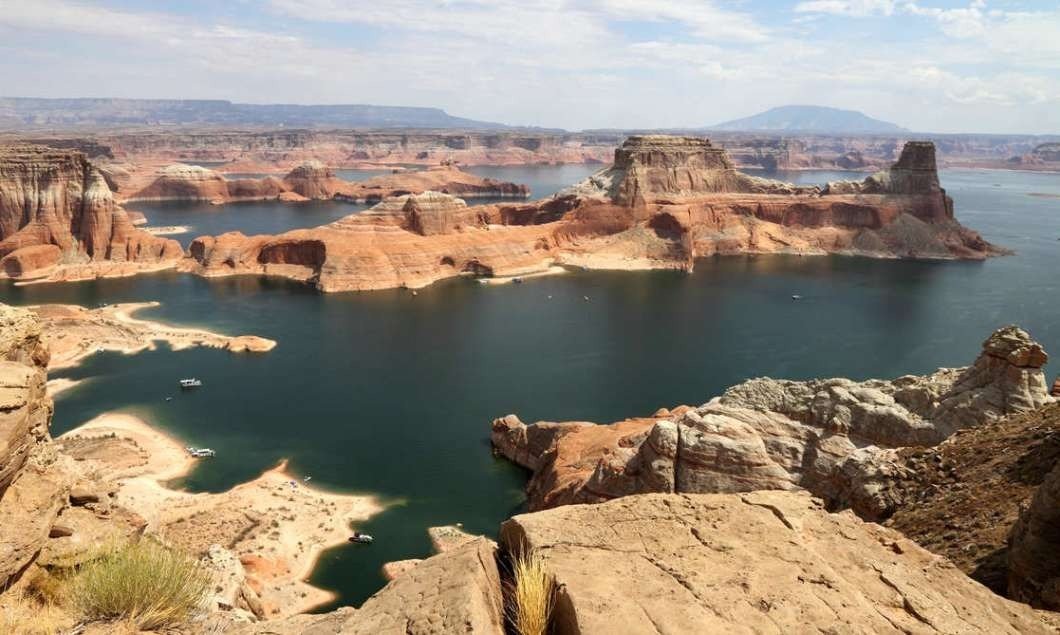
Over 50% Of World’s Largest Lakes Are Losing Water
NEW DELHI, (IANS) – A recent study by scientists, including an Indian American researcher, highlights that more than 50% of the world’s largest lakes are experiencing water loss due to the warming climate and unsustainable human consumption.
The groundbreaking assessment, published in the journal Science, introduces a new method for tracking trends in lake water storage and understanding the underlying causes. This provides valuable insights for water managers and communities to enhance the protection of critical water sources and vital regional ecosystems.
The study estimates that approximately one-quarter of the world’s population, about two billion people, resides in the basin of a shrinking lake. This emphasizes the urgent need to integrate considerations of human consumption, climate change, and sedimentation into sustainable water resource management.
Lead author Fangfang Yao, a climate fellow at the University of Virginia in the US, stated, “This is the first comprehensive assessment of trends and drivers of global lake water storage variability based on an array of satellites and models.” Yao’s motivation for the research stemmed from environmental crises observed in some of the largest water bodies on Earth, such as the drying of the Aral Sea between Kazakhstan and Uzbekistan.
Yao and colleagues from the University of Colorado Boulder, Kansas State University, France, and Saudi Arabia developed a technique to measure water level changes in nearly 2,000 of the world’s largest lakes and reservoirs, which account for 95% of the total lake water storage on Earth.
The team combined three decades of observations from satellite data with models to quantify and analyze global lake storage trends.
Freshwater lakes and reservoirs globally hold 87% of the planet’s water, making them vital resources for both humans and Earth’s ecosystems.
Unlike rivers, lakes are not well-monitored, despite providing water to a significant portion of the global population, even more so than rivers.
Balaji Rajagopalan, a professor of engineering at CU Boulder and co-author, stated, “We have pretty good information on iconic lakes like the Caspian Sea, Aral Sea, and the Salton Sea, but if you want to say something on a global scale, you need reliable estimates of lake levels and volume.” The novel method used in this study offers a broader perspective and insights into global lake-level changes.
For the study, the team utilized 250,000 snapshots of lake areas captured by satellites between 1992 and 2020, surveying 1,972 of the Earth’s largest lakes.
The results were alarming: 53% of lakes globally experienced a decline in water storage.
The findings also revealed that both dry and wet regions of the world are witnessing a reduction in lake volume. The losses observed in humid tropical lakes and Arctic lakes indicate more extensive drying trends than previously understood.
Of World’s Largest Lakes Are Losing Water




